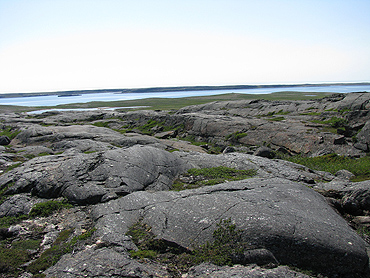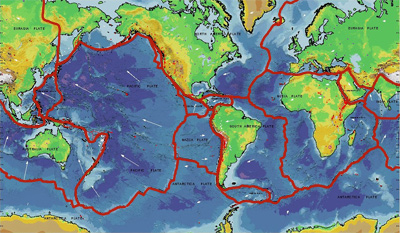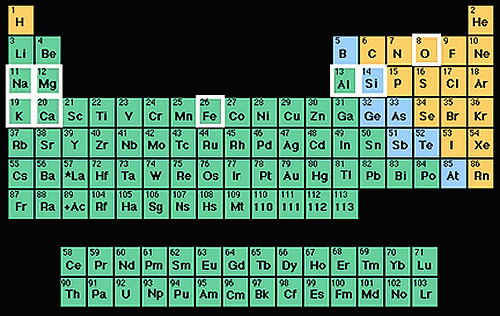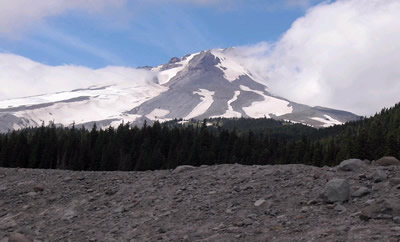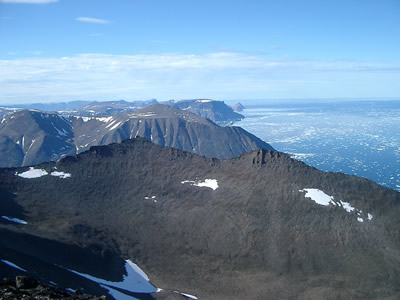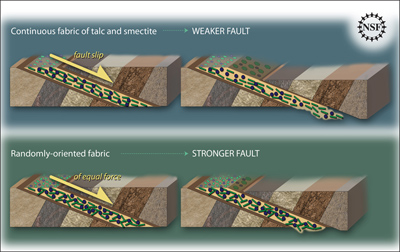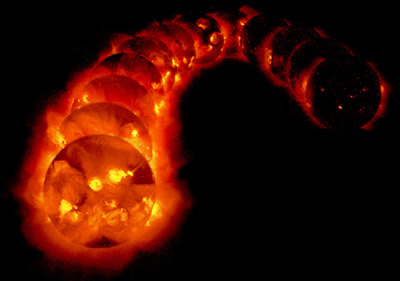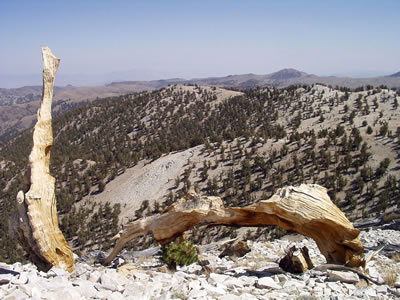Click on image for full size
Courtesy of Jonathan O'Neil
Scientists Discover the Oldest Known Rock on Earth
News story originally written on September 26, 2008
Earth is old, 4.6 billion years old to be exact. But there isn’t much hanging around the planet from those early days. That’s because our planet is a great recycler. Most of the rocks that were formed when Earth was young have been mashed, melted, or eroded into sand as plate tectonic forces move them around. So remnants of Earth’s early crust are extremely rare.
But recently, geologists found rocks from Canada that formed 4.28 billion years ago. That’s 250 million years older than any other known rocks. They used a new instrument called a thermal ionization mass spectrometer to learn about the rocks’ age and geochemistry. By measuring the small amounts of two rare earth elements in the rocks, the geologists could measure the age of the rocks. Some of the rock samples were as young as 3.8 billion years old. Others were as much as 4.28 billion years old. These oldest rocks may have formed from ancient volcanoes.
These rocks come from an area on the eastern shore of Hudson Bay in northern Quebec called the Nuvvuagittuq greenstone belt. Scientists have known for several years that the rocks in this area were very old. Now we know how old.
Individual mineral grains called zircons are still the oldest part of the Earth’s geosphere. Zircon grains, which come from Western Australia, are 4.36 billion years. Before this study, the oldest dated whole rocks were from Canada’s Northwest Territories, which are 4.03 billion years old.


